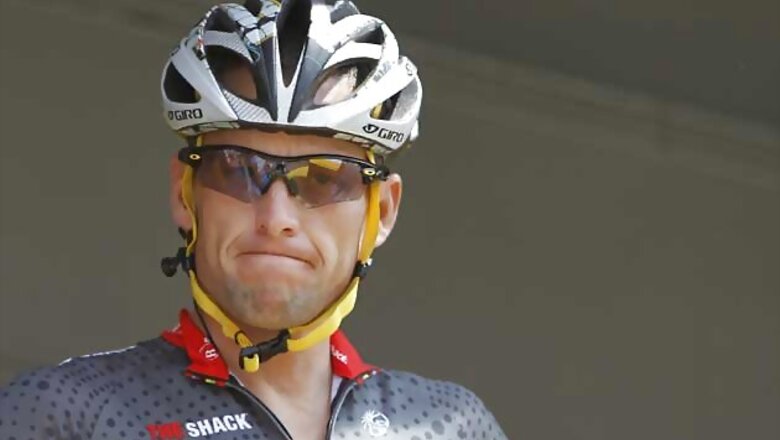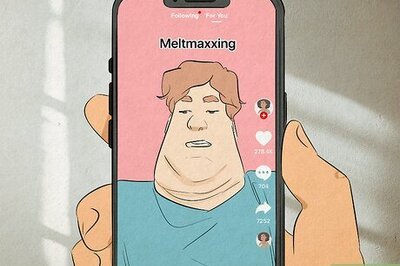
views
Disgraced Tour de France champion Lance Armstrong has said he was wrong to use the story of his fight against cancer to boost his image as he tried to fend off the doping accusations that eventually led to his downfall.
"I'd love to change it but I can't," the American, who survived testicular cancer, said after being reminded in an interview with cyclingnews.com that he had once told journalists: "I've seen death in the face and I don't do drugs."
"It's inexcusable; it's embarrassing to hear that," said Armstrong, who was stripped of his seven Tour titles and banned from cycling for life last year after accusations that he had cheated.
"Those are the moments you'd do anything to take back or say something different, or erase it," added Armstrong, who in January admitted to years of using performance-enhancing drugs to help him in cycling.
"A statement like that, what it would have signified or the confidence it would have given to the community that matters, the cancer community, they took stuff like that to heart," Armstrong told the website in an interview being published over several days.
"In my mind that's where the foul there is times one thousand."
Armstrong said the story of his battle against cancer built him up into a hero and he gladly sheltered behind it as he aggressively denied repeated doping allegations.
"It was a cancer survivor who was two years out of diagnosis winning the hardest sport in the world," he told the website in an extract published on Wednesday.
"I can see why that became such a story and one turns to two and the story just builds and builds.
"Hence the reason why so much of the fallout has been so drastic. If you're just a guy who wins the Tour seven times with no 'story', the fallout isn't the same. A lot of that's my fault. I accept responsibility for being so aggressive and stern when it came to the denials. It was a tremendous mistake. That took the fall and doubled it."
Armstrong said he had eventually backed himself into a corner with his constant denials of doping.
"Once you say no once you're stuck with no. So you just keep saying no," he said. "It would have been better to have been more passive in a press conference.
"It's one thing to not comment and get out of that question as soon as you can. It's a whole different thing to be confrontational and combative, which was what I was."


















Comments
0 comment